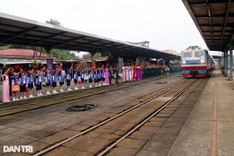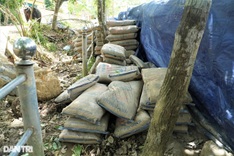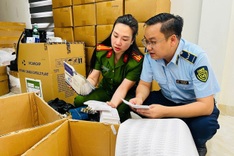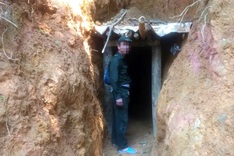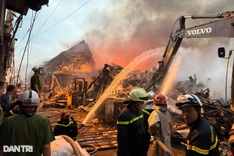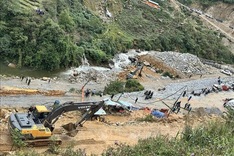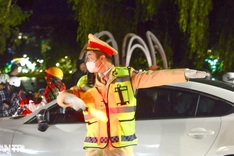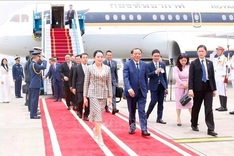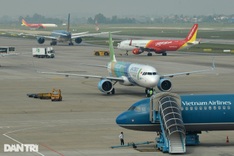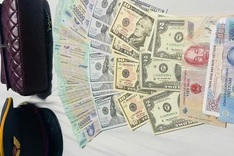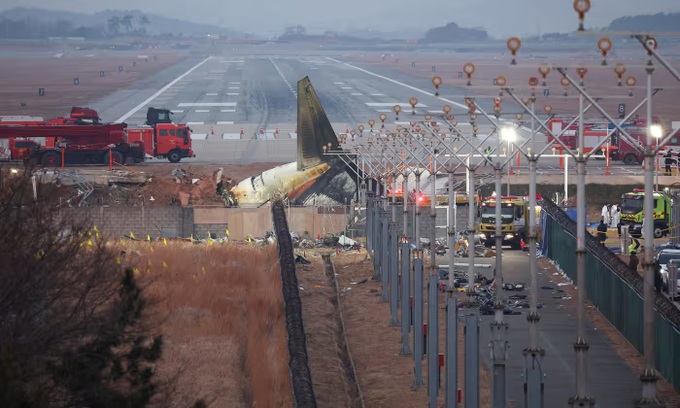
Aftermath of the Jeju Air crash at South Korea's Muan international airport. Photograph: Kim Hong-Ji/Reuters
In Sunday's accident at Muan, a Jeju Air Boeing 737-800 carrying 181 people from Thailand to South Korea made a mayday call and belly-landed before crashing into a barrier and bursting into flames.
Everyone on board was killed, save two flight attendants pulled from the wreckage.
"From midnight the previous day (Sunday) to 1:00 pm today (0400 GMT Monday), the number of canceled flight tickets totaled approximately 68,000," a Jeju Air official told AFP.
Domestic flights accounted for around 33,000 cancellations, while international flights cancellations stood at around 34,000, the company said.
An inflow of new bookings, however, was still maintained, the company added.
"Given the current situation, the cancellation rate is slightly higher than usual. However, the inflow of new bookings remains steady," Song Kyung-hoon, head of the management support office at Jeju Air, told a news conference.
Major travel agencies were also reporting mass cancellations due to crash-related travel anxiety.
"We got at least 400 cancellations in the first hour of our opening," a travel agency, one of the country's biggest, told AFP.
"Many also are asking if their aircraft is the Boeing 737-800, and if so, they want to cancel," they said, speaking on condition of anonymity.
A Jeju Air flight from Seoul on Monday was forced to return after encountering a landing gear problem, Yonhap reported -- the aircraft being the same Boeing 737-800 involved in the latest incident.
Local media reported that 21 passengers chose not to board an alternate flight after the aircraft landed, citing concerns over safety and other reasons.
Jeju Air shares fell as much as 15 percent on Monday.
Shares of AK Holdings Inc, the biggest stakeholder of Jeju Air, fell more than 12 percent as well.
Multiple domestic tour agency shares fell more than five percent.

